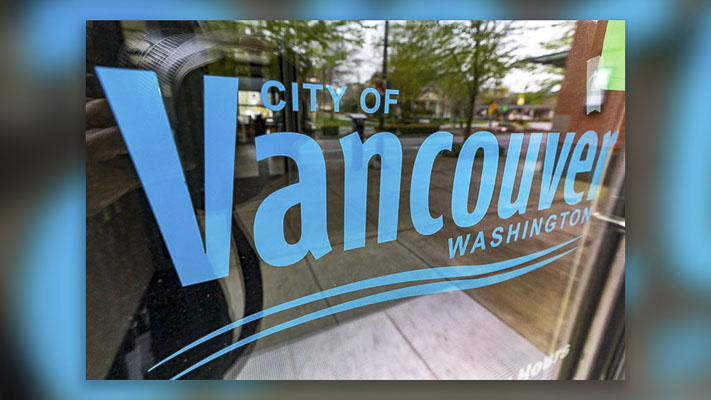
The moratorium was enacted to enable planning staff to study the emerging trend of applications for warehouse and distribution facilities in Vancouver
VANCOUVER – During their Dec. 12 meeting, members of the Vancouver City Council voted to declare an emergency to approve a six-month moratorium on new applications for large warehouse and distribution facilities in Vancouver.
The moratorium was enacted to enable planning staff to study the emerging trend of applications for warehouse and distribution facilities in Vancouver. These types of developments are currently allowed in Light and High Industrial zoning districts. These facilities typically have very low employment per acre ratio and are not listed as a priority sector in the Clark County Economic Development Plan, which the city of Vancouver adopted in 2017. This type of development, which typically involves a significant amount of large truck traffic, may also be inconsistent with the goals of the City’s newly adopted Climate Action Plan.
“The increase in the growth of e-commerce, and the increasing trend toward larger and larger distribution facilities is concerning particularly since these facilities consume vast quantities of limited industrially zoned land. The moratorium will allow for concerns related to long-term impacts from mega-warehouses to be studied, better understood and addressed as needed,” said Director of Community Development Chad Eiken.
CBRE estimates that an additional 330 million square feet of warehouse space is needed in the United States to meet the e-commerce demand into 2025. On the I-5 corridor, Vancouver is a prime location for this type of development. Eight proposed large warehouse projects are currently in the development review process, which will consume 205 acres of industrial land. While the moratorium will not affect the projects that are already vested to current zoning regulations, national trends suggest that additional proposals can be expected.
State law (RCW 36.70A.390 and RCW 35.63.200) allows for a six-month maximum moratorium on land uses, with one six-month extension if necessary. According to state law, a public hearing will be held no later than Feb. 6, 2023, or within 60 days of the moratorium’s adoption.
Information provided by city of Vancouver.
Also read:
- Opinion: In-n-Out Burger is so much more than fast food for so many of usPaul Valencia shares why In-n-Out Burger means more than just fast food for countless fans as Ridgefield nears its grand opening and Vancouver’s location begins construction.
- Obituary: Stephen Lloyd Randol, 1945-2025Stephen Randol, a Clark County resident for over 80 years, passed away on June 15. A celebration of life is scheduled for July 26 at Northcrest Community Church in Vancouver.
- Opinion: Washington’s June 2025 budget revisions – revenue up spending up moreMark Harmsworth of the Washington Policy Center critiques the state’s latest budget revisions, warning that new taxes—not organic growth—are driving revenue. He calls for fiscal restraint and long-term reform.
- Washougal fourth graders take flight with hands-on birdhouse projectFourth-grade students in Washougal connected science, math, and hands-on skills through a district-wide birdhouse building project supported by high school mentors and community volunteers.
- Opinion: Pedestrian control signalsDoug Dahl explains Washington state law regarding crosswalks and pedestrian signals, offering safety insights and common misunderstandings about traffic control at intersection
- Letter: ‘How can five part-time legislators without research support or reliable access to information serve as an effective check on six full-time elected executives’Bob Zak expresses agreement with recent opinions on the Clark County Charter’s imbalance and endorses John Ley’s transit preference while questioning light rail costs and Council effectiveness.
- Cowlitz Indian Tribe and Columbia River Mental Health Services announce Letter of Intent to protect behavioral health servicesThe Cowlitz Indian Tribe and Columbia River Mental Health Services signed a letter of intent to transition behavioral health services under the Tribe’s care, ensuring service continuity across Southwest Washington.











